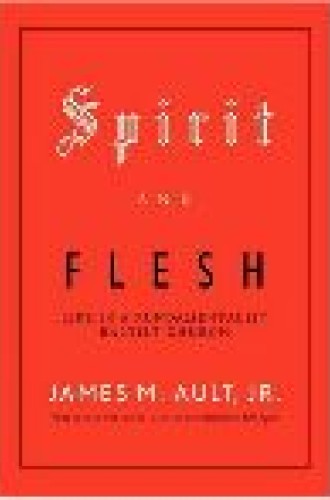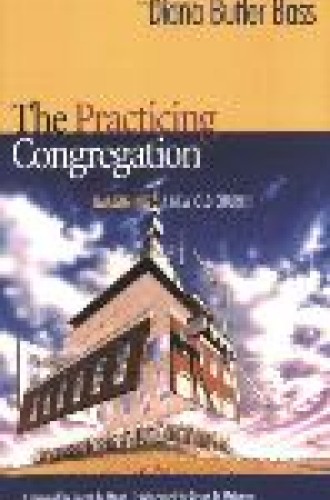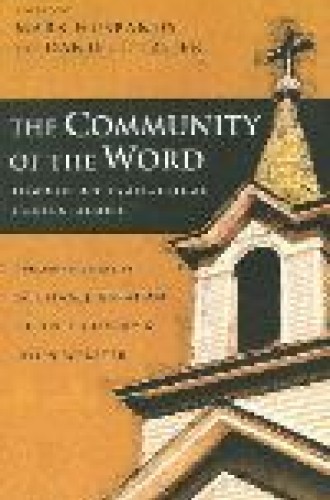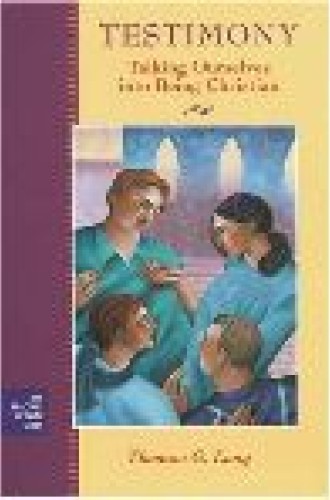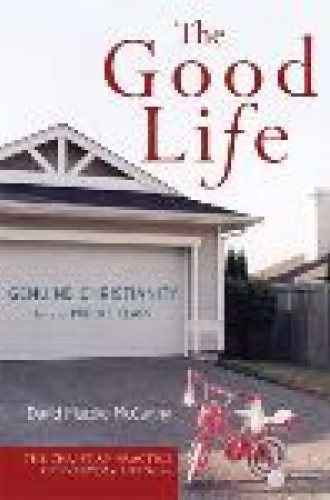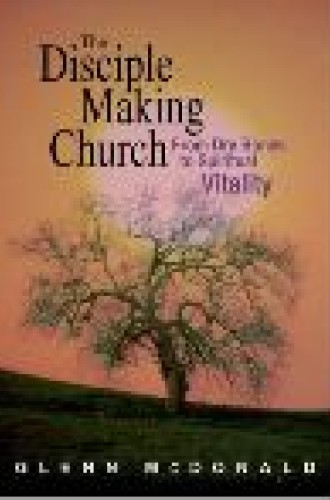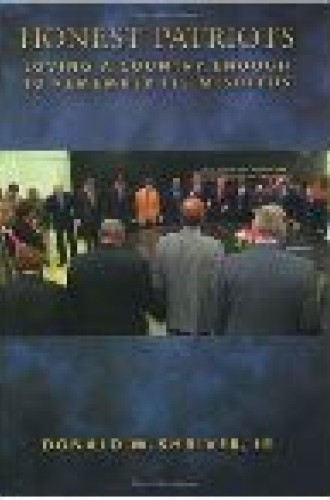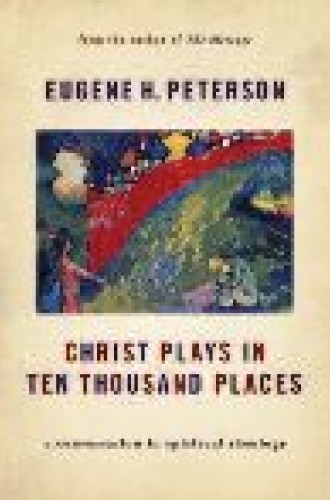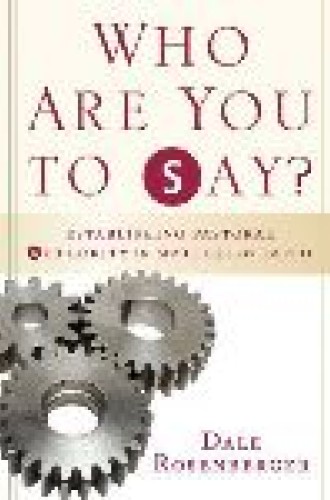Take and read
A Harvard-trained sociologist, Ault immersed himself in the life of a fundamentalist Baptist congregation in northwest Massachusetts. A great read as well as a chance to see the human beings beyond the stereotypes.
This is the first of two books from Bass’s project on vital mainline congregations. In this one she lays the theoretical framework; in the next she presents case studies. Bass argues that there is new vitality in old churches that intentionally reclaim distinctive spiritual practices.
This collection of essays comes from a Wheaton College conference of the same name. The contributors, who include Ellen Charry, William Abraham and Darrell Guder, ask good questions from fresh perspectives about evangelical, emerging, mega and mainline churches.
In a volume in the Practices of Faith series edited by Dorothy Bass, Long asks what “honest” God-talk sounds like and how it can be encouraged in the life of congregations. A side benefit for preachers is the number of usable anecdotes that pepper the book.
There are too few theologians doing what McCarthy does: looking honestly at the realities of middle-class life in North America and of being Christian in that context. I appreciate the author’s attention to globalism and empire, topics which he makes concrete.
Like many of the best pastoral leaders today, McDonald went through a “this is not working” experience that led to a new way of doing church. This is an excellent resource for pastors and congregations seeking to reclaim formation and discipleship as central to their life and purpose.
Ott is a Presbyterian pastor and president of the Vital Churches Institute. He provides a helpful guide to the theory and practice of ministry teams for congregations trying to make the shift from board culture to ministry-team culture.
In this work of spiritual theology, well-known author Peterson bridges the gap between academic theology and experiential spirituality. He joins texts and practices and mediates them with pastoral experience in the thematic areas of creation, history and community.
A UCC pastor, Rosenberger raises the important questions too few are willing to ask: Is there a place for authority in the pastoral role and office? What is the nature of appropriate authority and what are its grounds and sources? Is Christian community really possible absent legitimate authority?
Shriver, an ethicist and former president of Union Seminary in New York, offers a timely reflection on the nature of patriotism. Honest patriotism involves the capacity for and activity of repenting and taking responsibility for ethical failures. After looking at the experiences of Germany and South Africa, Shriver turns to particular themes of the American experience.


